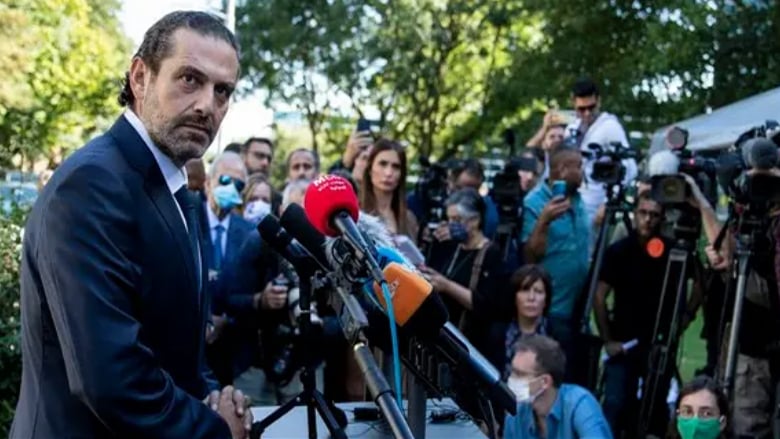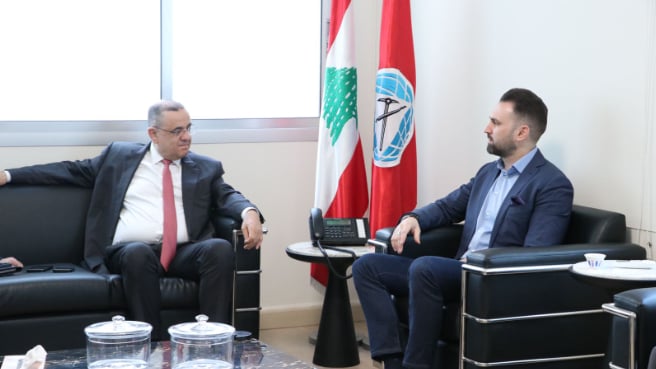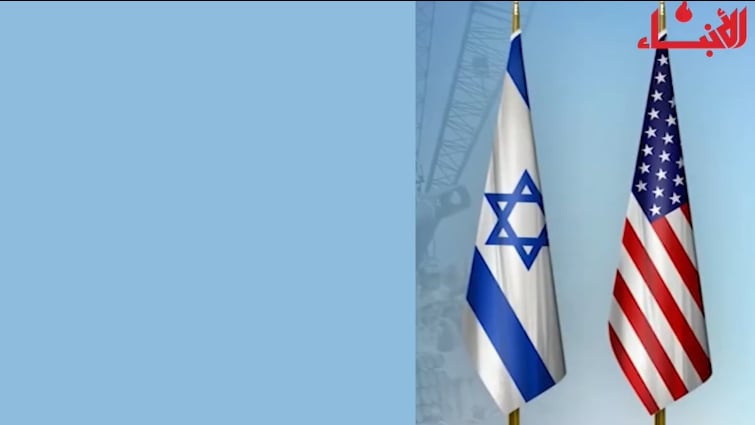Almost a year ago, Lebanon’s Prime Minister Saad Hariri resigned as the Lebanese took to the streets in protest of his cabinet’s decision to tax WhatsApp calls.
Now Hariri has returned to the post he left with one difference: the economic situation is even worse. Considering the country’s intricate balance of sectarian power, this controversial return will not be an easy journey, with little hopes that anything will actually change for the better.
Read more: Lebanese criticize Saad Hariri as new Prime Minister-designate amid low vote-count
Besides the festivities that accompanied the one year mark since the start of the “Lebanese Revolution,” nothing much has changed in the political structure. The consequent waves of mass protests that shook the country for a few months and retreated with the three-month lockdown imposed due to the spread of coronavirus, have failed to upset the current balance that is mainly dominated by political parties.
Protesters have failed to develop a unified agenda on how to implement change. In the first few weeks of the revolution, several political parties felt endangered by the growing and accumulating anger of the people.
However, as time passed, these parties have proved to be resilient. Change has never been an easy endeavor in Lebanon.
This has actually led to returning to the same old political approaches - a prominent example being the nomination process of the prime minister. The same parties comprising the parliament are making the choice again, this is normal in a parliamentary system.
However, the precedent is to agree on the cabinet before officially nominating the PM. Without no agreement on the cabinet reached yet, it is basically a violation of the constitution where the president of the republic should call for mandatory consultations immediately after the resignation of the old cabinet.
As negotiations kick off to create a new cabinet, the same shall apply.
What was theoretically agreed upon in the French presidential initiative - especially regarding the insistence that a new cabinet must include non-partisan, professional experts - has actually evaporated. What is expected is a political establishment-supported cabinet that will include members nominated by the various political forces, not independent ministers.
Any cabinet that does earn the support of the political forces comprising the parliament will not earn the Lebanese vote of confidence. It is a vicious circle. Calls for early parliamentary elections have been blocked by Hezbollah, whose refusal toppled the results of the last elections held in 2018.
Read more: Sudan to designate Lebanon’s Hezbollah as terrorist organization under Israel deal
The term of the current parliament expires in May 2022.
This is not to say that parties cannot nominate experts for the different ministerial portfolios, but they will not have the capacity of taking totally independent decisions. Even if they do, the parliament’s structure is dominated by the political parties, which is only normal in a democracy - no matter how ailing that democracy is.
French Foreign Minister Jean-Yves Le Drian announced earlier this month that his country will organize a conference to regulate the flow of humanitarian aid to Lebanon next November.
This cannot be pursued without a trustworthy cabinet. The French foreign minister previously said that “Lebanon risked disappearing due to the inaction of its political elite who needed to quickly implement a new government to implement crucial reforms for the country.”
If the political elite succeed in creating a new cabinet - which will not be an easy task at all in light of the contradictory demands by the different forces - the challenge of launching reforms shall be a more difficult and complicated issue.
Hariri has set a precedent in the way he nominated himself to premiership. He shall bear the consequences of that decision, which might prove costly at the political level in the sense that it will increase the requests of the various political parties in the cabinet formation process.
No matter the end result, the agony that the Lebanese people are passing through will probably require years for recovery, that is if solutions are put on the right track. In the meantime, poverty rates are rising and the national currency is losing more of its purchasing power.
Lebanon needs an economic uplift - the only mandatory path for that is the creation of a cabinet capable of earning trust locally and internationally.
Are we going in that direction? Lebanon has always been unpredictable and will continue as such.





